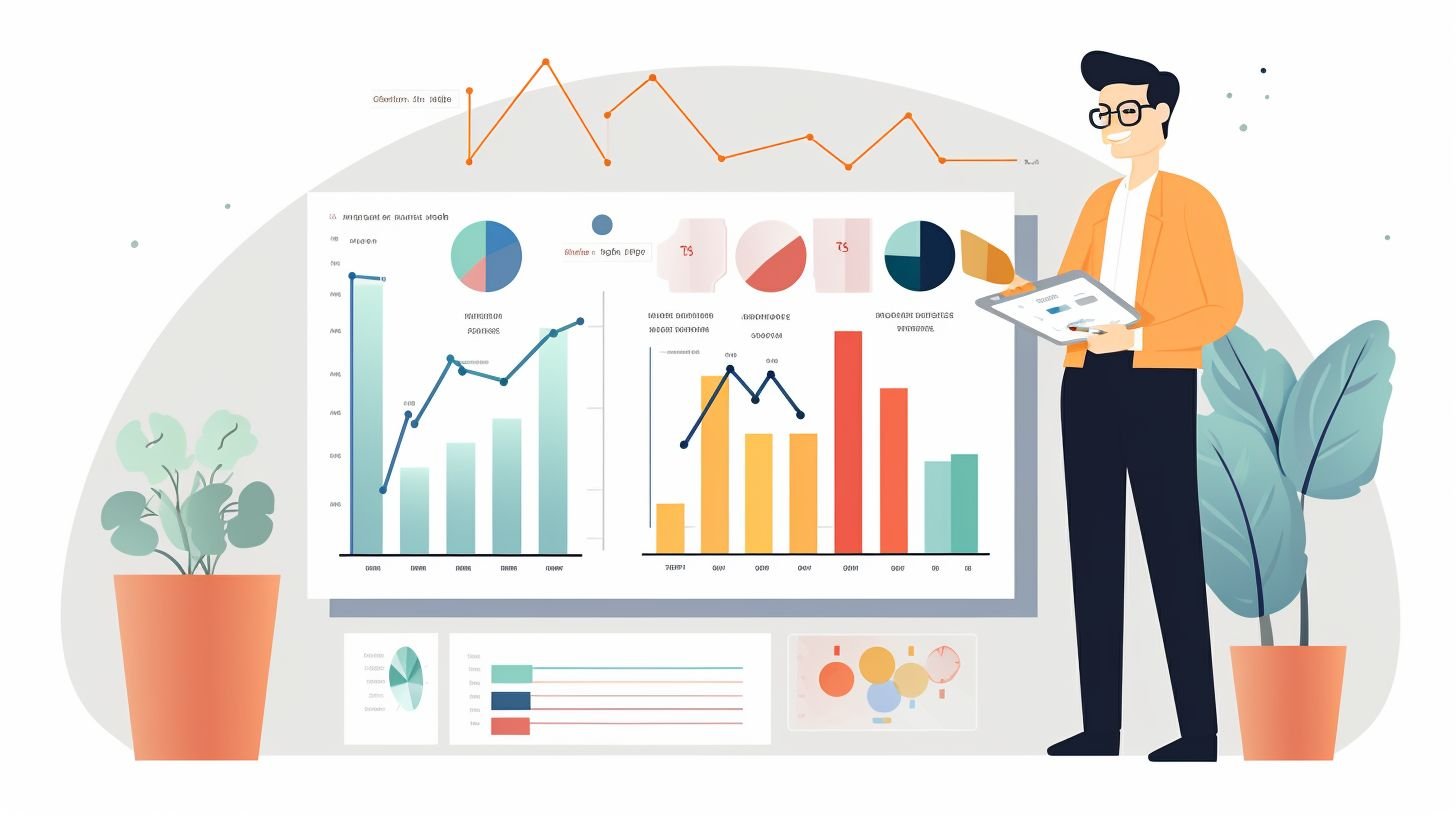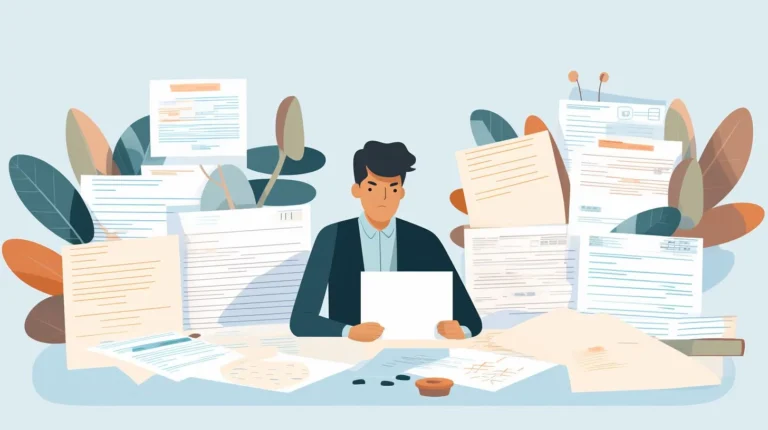Understanding Interest Rates On Credit Cards

Key Takeaways
- Credit card interest is the extra money you pay when you don’t pay off your full balance on time. It’s like a fee for borrowing money.
- There are three main types of credit card interest rates: variable rates, fixed rates, and introductory/promotional rates. Each type has its own characteristics and potential impact on your finances.
- To calculate credit card interest, you need to know your average daily balance, the number of days in the billing cycle, and your APR. Multiply the daily interest rate by the average daily balance to find out how much interest you’ll be charged each day.
- Paying off your credit card balance in full each month can help you avoid accruing interest altogether. It’s important to compare offers and find a credit card with a competitive APR that suits your financial situation.
Understanding Credit Card Interest
Credit card interest is the cost you pay for borrowing money from a credit card issuer. It’s important to understand how credit card interest works to make informed financial decisions.What Is Credit Card Interest?
Credit card interest is extra money you pay when you don’t pay off your full balance on time. It’s like a fee for borrowing money from the credit card company. The rate or amount of this fee is set by an annual percentage rate (APR). This APR can change based on how good or bad your credit score is. Simply put, if you want to avoid paying extra money, try to pay your full card balance every month in time.How Credit Card Interest Works
Every time you buy something with a credit card, it’s like taking out a small loan. If you pay your bill in full every month, the loan gets paid off and no interest is charged. But if some of that money isn’t paid back by due date, the credit card company will charge interest on cash advances and outstanding balance. This is called credit card interest and calculated using an annual percentage rate (APR). The APR tells how much it costs to borrow money for one year. It adds up each day on any unpaid portion of your balance. So, more balance means more daily interest rate charges. Paying early or more than required can drop this cost!Different Types of Credit Card Interest Rates
 There are three main types of credit card interest rates: variable rates, fixed rates, and introductory/promotional rates.
There are three main types of credit card interest rates: variable rates, fixed rates, and introductory/promotional rates.Variable rates
Variable rates on credit cards can go up or down. They change with the prime rate. This is a rate that banks use to set their own prices for loans. If the prime rate rises, your variable credit card rate may also rise. You could end up owing more money if this happens. But if the prime rate drops, you might pay less interest.Fixed rates
Fixed rates are another type of credit card interest. This rate does not change often. It’s set by your credit card company. But this doesn’t mean it will never change. The Credit Card Act of 2009 states that your credit card company must tell you if they plan to raise the fixed APR. They have to give you a 45-day notice before any changes happen. So, you get time to decide what to do next before any new rate starts on your account!Introductory and promotional rates
Introductory and promotional rates are special offers provided by credit card companies for a limited period of time. These rates typically have lower interest rates compared to the standard rates. It’s important to carefully read the terms and conditions of these offers, as they usually come with specific requirements or limitations. You can find all the details about the introductory rate, including its duration and any fees associated with it, in the cardholder agreement or on the credit card company’s website. Before signing up for a credit card with an introductory rate, make sure you understand how long it will last and what the interest rate will be once it expires.What is a Good Interest Rate for a Credit Card?
 A good interest rate for a credit card depends on your credit score. If you have excellent credit (a score of 750 or higher), you may qualify for lower interest rates. On the other hand, if your credit score is fair or poor (between 550 and 699), you may face higher interest rates. The annual percentage rate (APR) determines the interest rate on a credit card, and it can vary from person to person. It’s important to compare offers and find a credit card with a competitive APR that suits your financial situation. Remember, paying off your credit card balance on time can help you avoid accruing interest altogether. So, even if you have a high-interest rate, being responsible with your payments can save you money in the long run.
A good interest rate for a credit card depends on your credit score. If you have excellent credit (a score of 750 or higher), you may qualify for lower interest rates. On the other hand, if your credit score is fair or poor (between 550 and 699), you may face higher interest rates. The annual percentage rate (APR) determines the interest rate on a credit card, and it can vary from person to person. It’s important to compare offers and find a credit card with a competitive APR that suits your financial situation. Remember, paying off your credit card balance on time can help you avoid accruing interest altogether. So, even if you have a high-interest rate, being responsible with your payments can save you money in the long run.How to Calculate Credit Card Interest
Calculating credit card interest is important to understand how much you’ll owe. Here’s how to do it:- Know your average daily balance: Add up the balances on each day of your billing cycle and divide by the number of days.
- Determine the number of days in the billing cycle: Check your credit card statement or contact your credit card company.
- Find your APR: Look for the annual percentage rate on your credit card statement or in your cardholder agreement.
- Divide your APR by 365: This will give you the daily interest rate.
- Multiply the daily interest rate by the average daily balance: This calculates how much interest you’ll be charged each day.
- Multiply the daily interest amount by the number of days in the billing cycle: This gives you the total interest charge for that statement period.
The Impact of Credit Card Interest on Your Wallet
 Credit card interest can have a significant impact on your wallet, especially if you carry a balance from month to month. The longer you take to repay your debt, the more interest you will accumulate, ultimately increasing your overall payment and making it harder to get out of debt.
Credit card interest can have a significant impact on your wallet, especially if you carry a balance from month to month. The longer you take to repay your debt, the more interest you will accumulate, ultimately increasing your overall payment and making it harder to get out of debt.Repaying Credit Card Debt: 2 Interest Scenarios
Before digging into the different scenarios, it’s important to note that the way you repay your credit card debt can significantly affect the amount of interest you’ll incur. Below, I’ll illustrate two possible repayment scenarios and the corresponding interest that can be accrued.| Scenario | Balance | APR | Minimum Payment | Interest Incurred |
|---|---|---|---|---|
| Scenario 1: Paying only the minimum payment | $1,000 | 18% | $25 | Approximately $180 in the first year alone |
| Scenario 2: Paying the full balance each month | $1,000 | 18% | $1,000 | No interest incurred |
How Much Is Interest on a Credit Card?
The interest on a credit card can vary depending on factors such as your credit score and the type of card you have. The interest is usually expressed as an annual percentage rate (APR). For example, if your APR is 18%, that means you’ll be charged 18% per year on any outstanding balances. This amount is divided into smaller increments for each billing cycle, typically monthly. So if you have a $1,000 balance at an 18% APR, you would pay approximately $15 in interest each month. It’s important to note that these numbers are just examples and actual rates may vary.How to Reduce or Avoid Credit Card Interest Charges
 To reduce or avoid credit card interest charges, it is important to understand the credit card grace period and make sure to pay your balance in full each month.
To reduce or avoid credit card interest charges, it is important to understand the credit card grace period and make sure to pay your balance in full each month.Understanding the Credit Card Grace Period
The credit card grace period is an important feature to understand. It allows you to avoid paying interest on new purchases as long as you pay your credit card bill in full and within the grace period. Not all credit cards have a grace period, but many do. The purpose of the grace period is to give you enough time to review your bill and make payment before any interest charges accrue. Typically, the grace period lasts at least 21 days from when your bill is mailed or delivered. So, if you pay off your balance by the due date each month, you can enjoy interest-free borrowing on new purchases using your credit card.Paying Your Balance in Full
When you pay your credit card balance in full, you are ensuring that you don’t carry over any debt to the next billing cycle. This means that you won’t be charged any interest on your purchases as long as you pay the full amount due by the payment due date. By paying your balance in full, you can avoid accruing additional charges and save money in the long run. It’s important to note that paying off your balance only applies to new purchases and doesn’t necessarily apply to cash advances or other types of transactions. Remember, if you consistently pay your balance in full each month, it can help improve your credit score and show lenders that you are a responsible borrower.How Can Understanding Interest Rates On Credit Cards Help Improve Your Credit Score?
Understanding interest rates on credit cards is crucial to improve credit score with credit cards. By familiarizing yourself with the rates, you can make informed decisions about borrowing and repayment. Timely payments and low interest rates indicate responsible credit card usage, positively impacting your credit score. Stay vigilant and assess the terms before committing to a credit card.
Conclusion
 Understanding interest rates on credit cards is crucial for managing your finances effectively. By knowing how credit card interest works, the different types of rates available, and how to calculate interest charges, you can make informed decisions about choosing and using credit cards. Remember to pay off your balance in full whenever possible and explore options for reducing or avoiding interest charges. Being aware of these factors will help you stay financially responsible and minimize the impact of credit card debt on your wallet.
Understanding interest rates on credit cards is crucial for managing your finances effectively. By knowing how credit card interest works, the different types of rates available, and how to calculate interest charges, you can make informed decisions about choosing and using credit cards. Remember to pay off your balance in full whenever possible and explore options for reducing or avoiding interest charges. Being aware of these factors will help you stay financially responsible and minimize the impact of credit card debt on your wallet.





